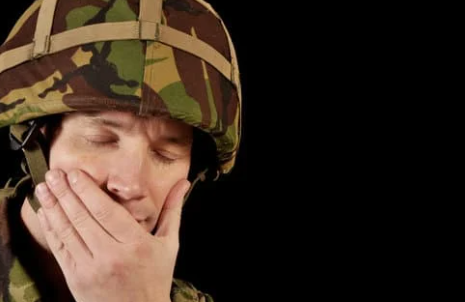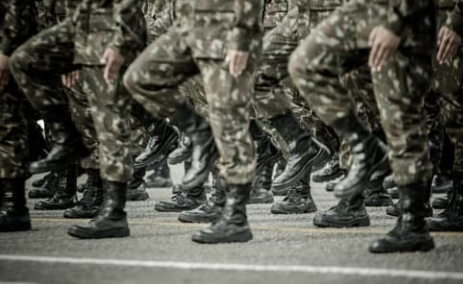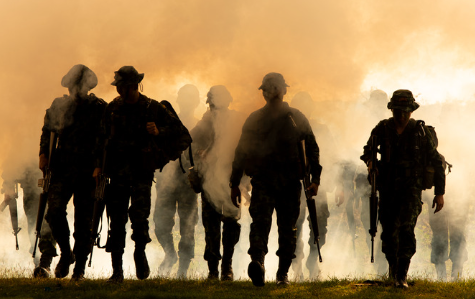Table of Contents
The risks that military personnel face during their time in service are specific to their role. Therefore, for those who work in the armed forces, and after they retire, there can be lasting repercussions on both their physical and mental health.
For veterans, it’s worth knowing what healthcare is available to them after they leave military service behind. Here, we look at the entitlements of UK veterans, the impact of military service on mental health, and the initiatives in place to support their overall well-being.
Mental health and wellbeing of veterans
While not everyone in the military is affected by mental health concerns, there is a possibility that the conditions army, navy, and air force workers operate in has an impact on their overall well-being.
Some of the main factors that can influence mental health and safety include:
Working in stressful and traumatic situations
 While physical and mental training is intensive to prepare personnel for active service, the reality of operating in war zones can often only affect military staff once they are out in the field. In many cases, these situations can have a delayed impact, only showing their effects after workers have left the forces.
While physical and mental training is intensive to prepare personnel for active service, the reality of operating in war zones can often only affect military staff once they are out in the field. In many cases, these situations can have a delayed impact, only showing their effects after workers have left the forces.
Being away from family and friends for extended periods
Typical support systems, such as spending time with family or socializing with friends, aren’t possible. Being disconnected from loved ones can affect a person’s mental well-being.
Physical injuries
 There is a risk of being injured while in service. Physical injuries can have a lasting impact on a person’s well-being. If it cuts short a career in the military, this can have an impact on a person. Maybe they lose confidence in themselves or feel redundant if they can’t serve as they did. Veterans who have been injured can find things hard mentally.
There is a risk of being injured while in service. Physical injuries can have a lasting impact on a person’s well-being. If it cuts short a career in the military, this can have an impact on a person. Maybe they lose confidence in themselves or feel redundant if they can’t serve as they did. Veterans who have been injured can find things hard mentally.
Transitioning into civilian life
Returning to life after being in service can be difficult. The conditioning that comes with following orders and routines no longer applies or applies differently, which can take some time to adjust. Some people find this adjustment hard, leading to low moods.
As a result of these factors, PTSD, depression and anxiety is common among ex-military workers.
What support is available?
 UK veterans are entitled to comprehensive healthcare services through the NHS. Regardless of their length of service or discharge status, veterans receive priority access to specialised care, including physical and mental health services. The Veterans’ Mental Health Transition, Intervention, and Liaison Service (TILS) is available across different hospital trusts in the country. It provides dedicated support to veterans transitioning from military to civilian life.
UK veterans are entitled to comprehensive healthcare services through the NHS. Regardless of their length of service or discharge status, veterans receive priority access to specialised care, including physical and mental health services. The Veterans’ Mental Health Transition, Intervention, and Liaison Service (TILS) is available across different hospital trusts in the country. It provides dedicated support to veterans transitioning from military to civilian life.
As well as being able to access services through a GP, the VRMHP programme is a government initiative designed to help veterans.
While accidents and injuries are a higher risk assessment in the military, there may be circumstances where seeking advice from military solicitors and making a compensation claim is necessary. This can especially be the case if those in the military aren’t properly protected while in service.
On a practical level, there are other things that can help. For instance, veterans can get discounted rail fares and discounts in certain stores and across different services.
If you or a loved one has recently left military service, there is support available.



